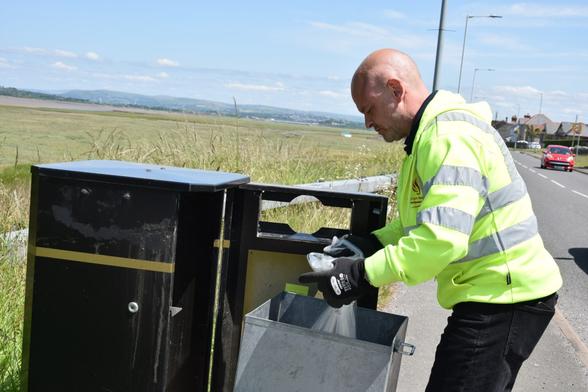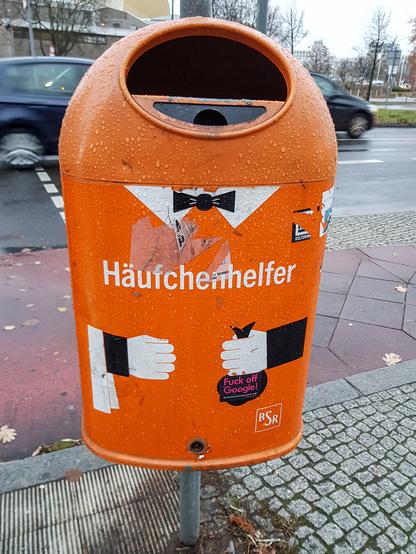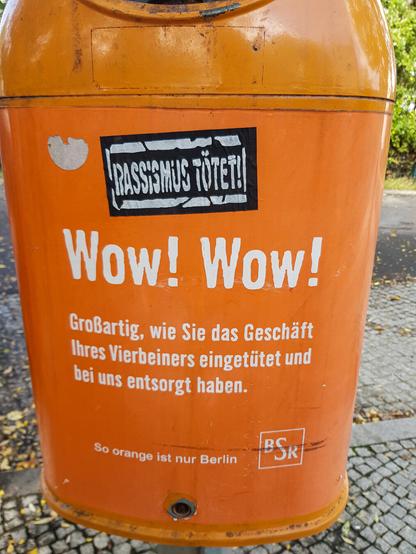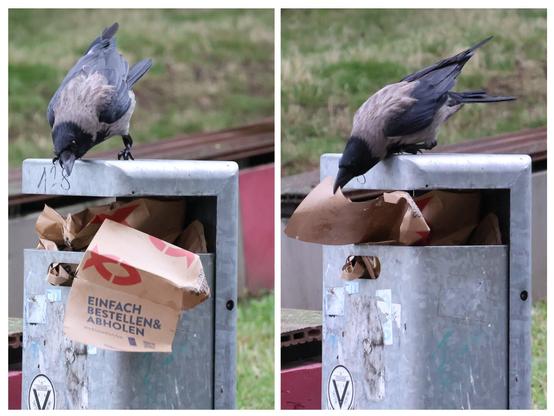Swansea Council trials smart bin sensors to improve rural waste collection
Swansea Council has begun trialling smart bin sensors in remote communities as part of a pilot scheme aimed at reducing unnecessary journeys and keeping streets cleaner. The sensors, which use low-power wireless technology, alert cleansing staff when bins are full — allowing teams to prioritise locations that need attention and avoid visiting those that don’t.
Cllr Cyril Anderson, Cabinet Member for Community Services, said: “The sensors are a win-win all round. For residents there’s less chance of them finding unsightly overflowing bins, and for staff it means their time can be focussed on tackling bin and litter problems where they’re most needed. It’s early days because we’re still piloting the scheme, but it’s looking very promising.”
The system uses LoRaWAN (Low Power Wide Area Network) technology to transmit data from battery-powered sensors, which can last up to eight years. The pilot is focused on rural locations such as Gower and Port Eynon, where bin usage varies significantly depending on weather and seasonal tourism.
Stuart Willingale, Cleansing Strategy Team Leader, said: “Some of our bins are sited in fairly remote locations in places like Gower, which are a considerable distance away from where our staff are based. The data tells us when our Cleansing Teams need to visit a location to empty a bin — or when not to. This saves us time our teams can better use in other locations and tackling other cleansing issues. It also reduces our environmental impact of driving to a location only to be met with an empty bin.”
The pilot is being supported by Welsh Government funding, and early results suggest the system could help reduce fuel use, improve response times, and cut down on overflowing bins — especially in areas with fluctuating visitor numbers.
#binSensors #CllrCyrilAnderson #Gower #IoT #litter #litterBin #LoraWan #PortEynon #sensors #Swansea #SwanseaCouncil



